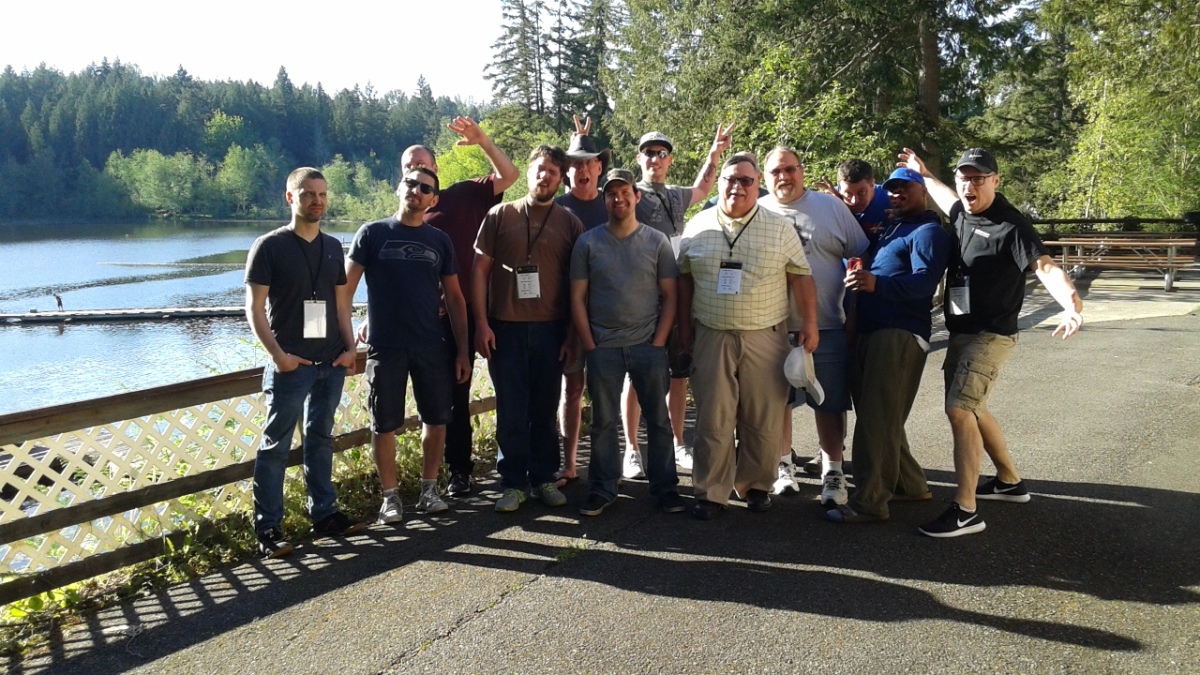Everyone experiences anxiety. Anxiety is a low-level sense of dread. Its like fear, but different. Fear is a reaction to an actual event happening, real-time, in front of you. Anxiety is that unease that something—not sure what it could be—but something is going to happen and ruin everything.
Anxiety takes our mind on a virtual tour of all the possible outcomes of a given situation. Fear sees a rattlesnake in the grass and says “run!” Anxiety says “never, ever go barefoot in the grass—ever—because there might be a snake somewhere, sometime.” It is a minefield of “What-ifs”…and you can imagine what this does to relationships.
Anxiety is a minefield of “What-ifs.”
Anxiety says “I really need a job, but, what-if I don’t get a job?” Then we’re offered a job and we add anxiety to the mix by thinking “What-if I’m not a good fit in this new job?” Then, after a while on the job, we wonder “What-if I have to stay in this job?” Anxiety will make every choice a regret.
Anxiety not only leads to emotional and physical fatigue, but often ends up in sickness and panic attacks.
And here is what is fascinating to me: social science tells us that 80-90% of all the things we worry about never actually happen!
80-90% of all the things we worry about never actually happen!
So, how do we deal with Anxiety? What do we do to keep it from ruining our lives?
God has given us some profound instructions in his word. There is a passage that stands out as one of my favorites in all of scripture: Philippians 4:4-9. Paul, the apostle, is writing to a young community of believers in the first century, who apparently struggled with anxiety.
He starts out his encouragement to them this way: “Rejoice in the Lord always. I will say it again: Rejoice!”
Depending on your situation, you may feel like “What? OK Paul, you don’t understand my workplace! You don’t know what its like working with my boss!”
What is ironic about this instruction is that Paul is writing from a roman prison…think of the conditions in a third-world/developing nation prison. Not a pretty picture. But in the letters he writes from prison, he sees God’s hand, even in his situation.
So, let’s dive into Part 1 of this passage. What do you do when you are in a difficult, anxiety-ridden situation?
First, Celebrate what God is doing. “Rejoice in the Lord always. I will say it again: Rejoice!” (4:4 NIV).
This is more than just putting a band-aid over my anxiety, this is putting life in perspective.
God is in control. We may have no idea what he is working through our situation, but if you are following Christ, know that he is overseeing your life and direction. Anxiety tells you that you won’t be able to control the outcome of this situation—which is true! But rejoicing in what God is doing is a non-verbal affirmation that God is in control and I don’t have to be! Its an act of faith.
Rejoicing in what God is doing is a non-verbal affirmation that God is in control and I don’t have to be! It is an act of faith.
Second, Refuse to Let Worry take the wheel. “Don’t worry about anything; instead, pray about everything” (4:6a). Most of us are good worriers. I know I am. Worry is a kind of mental focus or meditation about everything that can go wrong. When we meditate on the “what-ifs” it takes us to places we don’t want to go, and keeps us longer than we want to stay. So, instead of letting worry take control, pray! If you’re wondering what to pray about, Paul gives us a word: Everything! Prayer is simply talking to God. And as you pray you are shifting focus from your problem to God’s power.
When you pray you are shifting focus from your problem to God’s power.
Third, Ask him for help. “Tell God what you need…” (4:6b) Tell him what’s worrying you. Tell him what you’d like to see in this situation. The more specific the better. Don’t settle for something like a “and bless the whole world” kind of prayer. Tell him what’s on your mind…he already knows! And like a good father, God loves hearing his children bare their heart! The big benefit of naming the issue is that when he answers a specific need you have, it gives you confidence that he actually hears and follows through in your life. Specificity is a beautiful thing.
And like a good father, God loves hearing his children bare their heart!
Finally, Leave it in his care. “and thank him for all he has done.” (4:6c) Give it to him. Hand it over. Relinquish control. Let. It. Go. This is where it gets real. If you’ve been anxious over a situation for some time, and then let go of it, you’ll most likely continue to roll the “what-ifs” through your mind again. That is the time you reaffirm this in prayer: “Father, that same worry has just come back to my mind. I’m handing it over to you now, and I’m not going to try and control the outcome or worry about it again. It’s yours now. Thank you for what you’ve done in the past in my life and I’m thanking you for what you will do with this now. Amen.” Thank him and let it go.
Thank him and let it go.
When we do this, Paul tells us, something amazing happens: God replaces our worry with his peace. “Then you will experience God’s peace, which exceeds anything we can understand. His peace will guard your hearts and minds as you live in Christ Jesus.” (4:7 NLT) Peace—God’s peace—will fill your heart. In fact, he promises to guard your heart and your mind from further worry, as you live out your life in Christ. “Living in Christ” means asking for his wisdom and guidance in actively following Christ today.
Then you will experience God’s peace, which exceeds anything we can understand.
Now is the time, today is the day. Trade in your anxiety for God’s peace. Celebrate what he’s doing in your life. Refuse to allow anxiety to take control. Ask him for his help in your situation today and then leave it in his care by thanking him for all he’s done. This is the path to peace.
How is God working in your life? Feel free to comment below or PM me.



